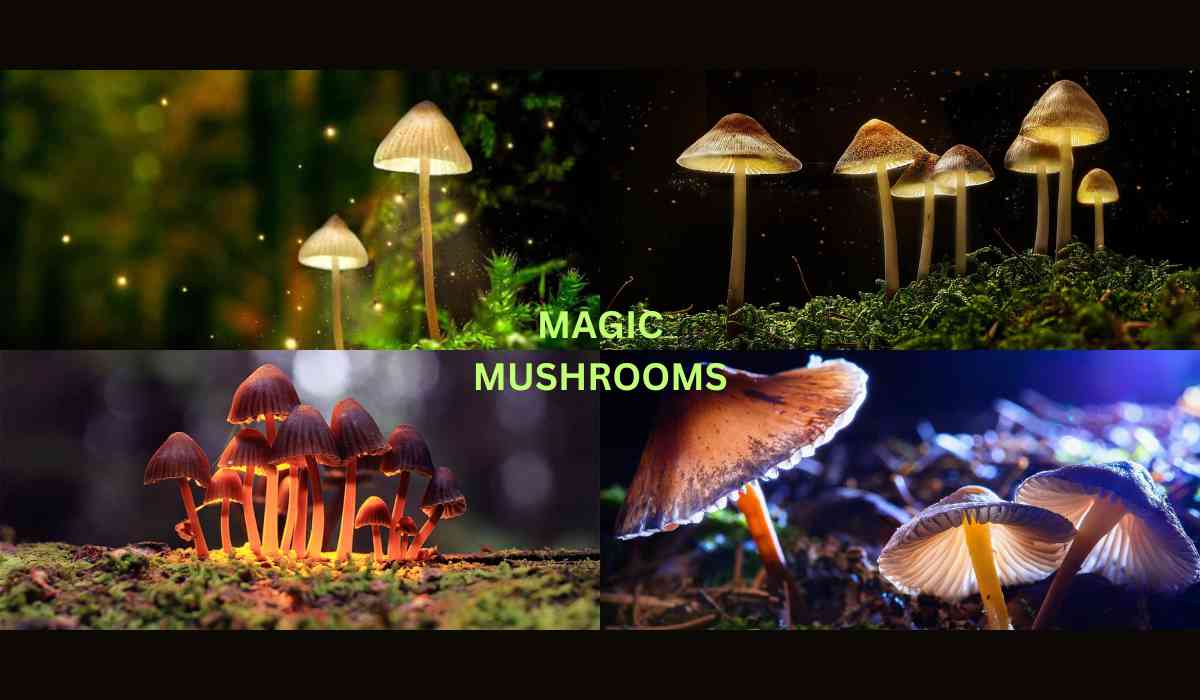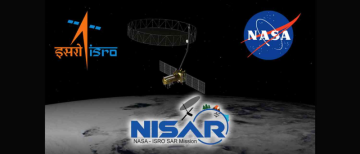Magic mushrooms, also referred to as shrooms, are a type of wild or cultivated mushrooms containing a naturally occurring psychoactive and hallucinogenic compound known as psilocybin. Some studies indicate that psilocybin might have the potential to alleviate symptoms associated with certain mental health conditions. However, it's important to note that the use of shrooms is illegal in most jurisdictions and carries inherent risks that individuals need to be aware of. The Substance Abuse and Mental Health Services Administration (SAMHSA) recognizes psilocybin as one of the well-known psychedelics. It is categorized as a Schedule I drug, indicating a high potential for misuse and lacking any accepted medical applications in the United States.
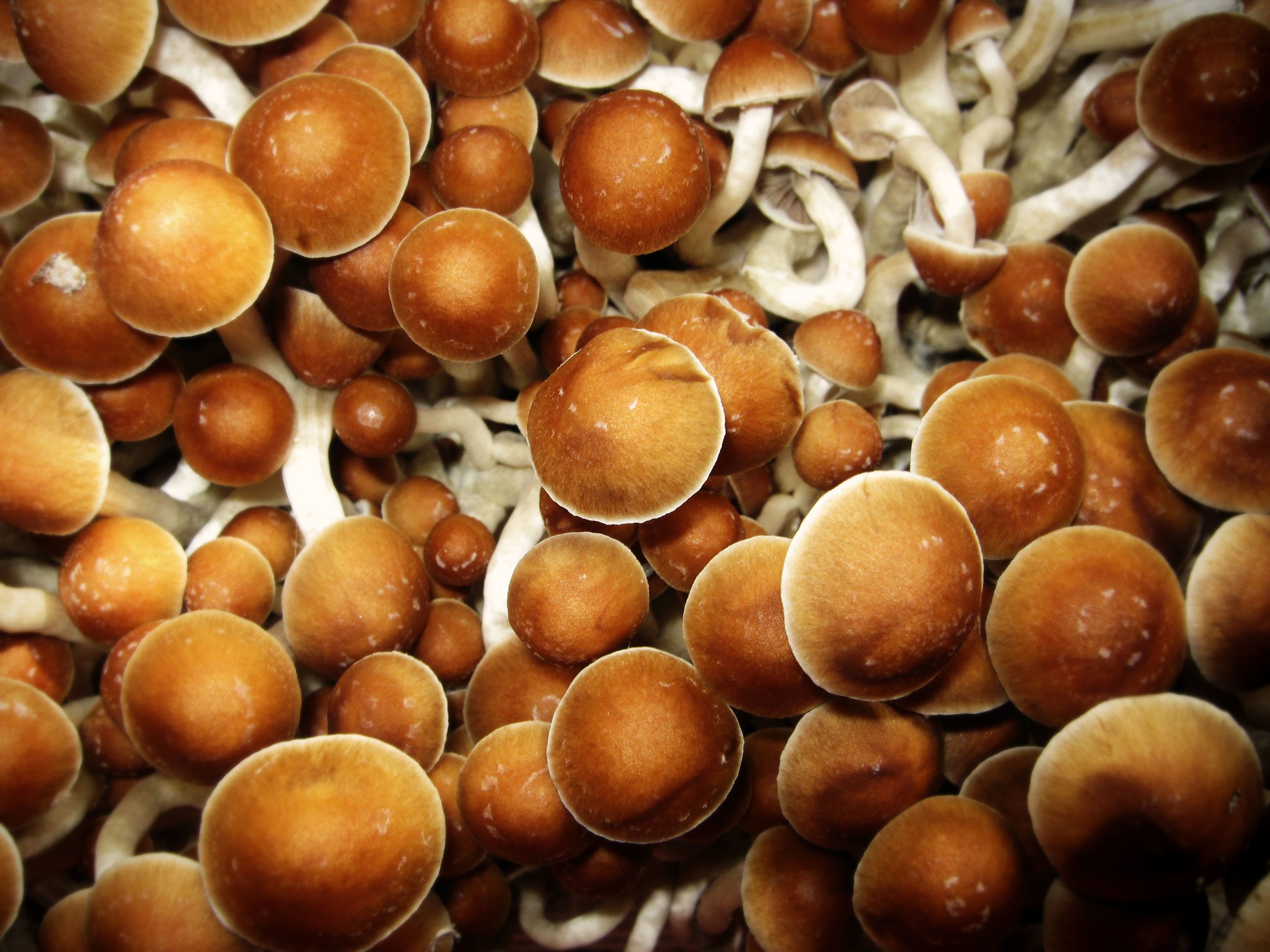
Understanding Magic Mushrooms
While various cultures have historically utilized the hallucinogenic properties of certain mushrooms for centuries, the isolation of psilocybin occurred in 1958 by Dr Albert Hofmann, the same individual credited with discovering lysergic acid diethylamide (LSD). Magic mushrooms are typically prepared by drying and can be consumed by mixing them with food or beverages. Alternatively, some individuals opt to consume freshly harvested psilocybe mushrooms.
Alternative Names: Besides being referred to as magic mushrooms, these fungi are also known by various names including shrooms, mushies, blue meanies, golden tops, liberty caps, philosopher's stones, liberties, amani, and agaric.
Drug Classification: Psilocybin falls under the classification of hallucinogens
Potential Side Effects: The consumption of shrooms can lead to adverse effects such as nausea, yawning, drowsiness, nervousness, paranoia, panic, hallucinations, and even psychosis.
Identifying Magic Mushrooms
The appearance of psilocybin mushrooms resembles that of ordinary dried mushrooms, featuring elongated, whitish-grey stems and dark brown caps that are light brown or white at the centre. When dried, these mushrooms take on a rusty brown hue with sporadic patches of off-white. They can be ingested directly, mixed into food, or brewed as tea. Some individuals also combine them with cannabis or tobacco for smoking. In addition, liquid psilocybin is available, derived from the naturally occurring psychedelic compound found in liberty caps. This liquid is typically clear brown and is packaged in small vials.

Effects of Magic Mushrooms
Magic mushrooms are recognized for their hallucinogenic properties, capable of inducing visual, auditory, and sensory experiences that may seem real but are, in fact, illusions. However, the effects of shrooms are variable and are thought to be influenced by environmental factors. Factors like dosage, age, weight, personality, emotional state, surroundings, and history of mental health conditions can all contribute to the impact of magic mushrooms. While some individuals seek psilocybe mushrooms for their calming effects, others have reported experiences of anxiety, distressing hallucinations, paranoia, and confusion, commonly referred to as a "bad trip," which has been linked to hospital admissions.
Insights from Experts
Throughout history, magic mushrooms have been utilized for spiritual and medicinal purposes by indigenous communities in America and Europe. These mushrooms have been associated with profound spiritual encounters and self-discovery. Some consider naturally occurring substances like magic mushrooms, marijuana, and mescaline to be sacred plants that facilitate elevated spiritual states. Others ingest magic mushrooms to experience euphoria, a sense of connection, and altered perceptions of time. Psilocybin, present in magic mushrooms, undergoes a conversion to psilocin within the body, influencing serotonin levels in the brain and leading to unusual perceptions. The effects generally manifest within 20 to 40 minutes and can endure for up to 6 hours, aligning with the time it takes for psilocin to be metabolized and expelled.
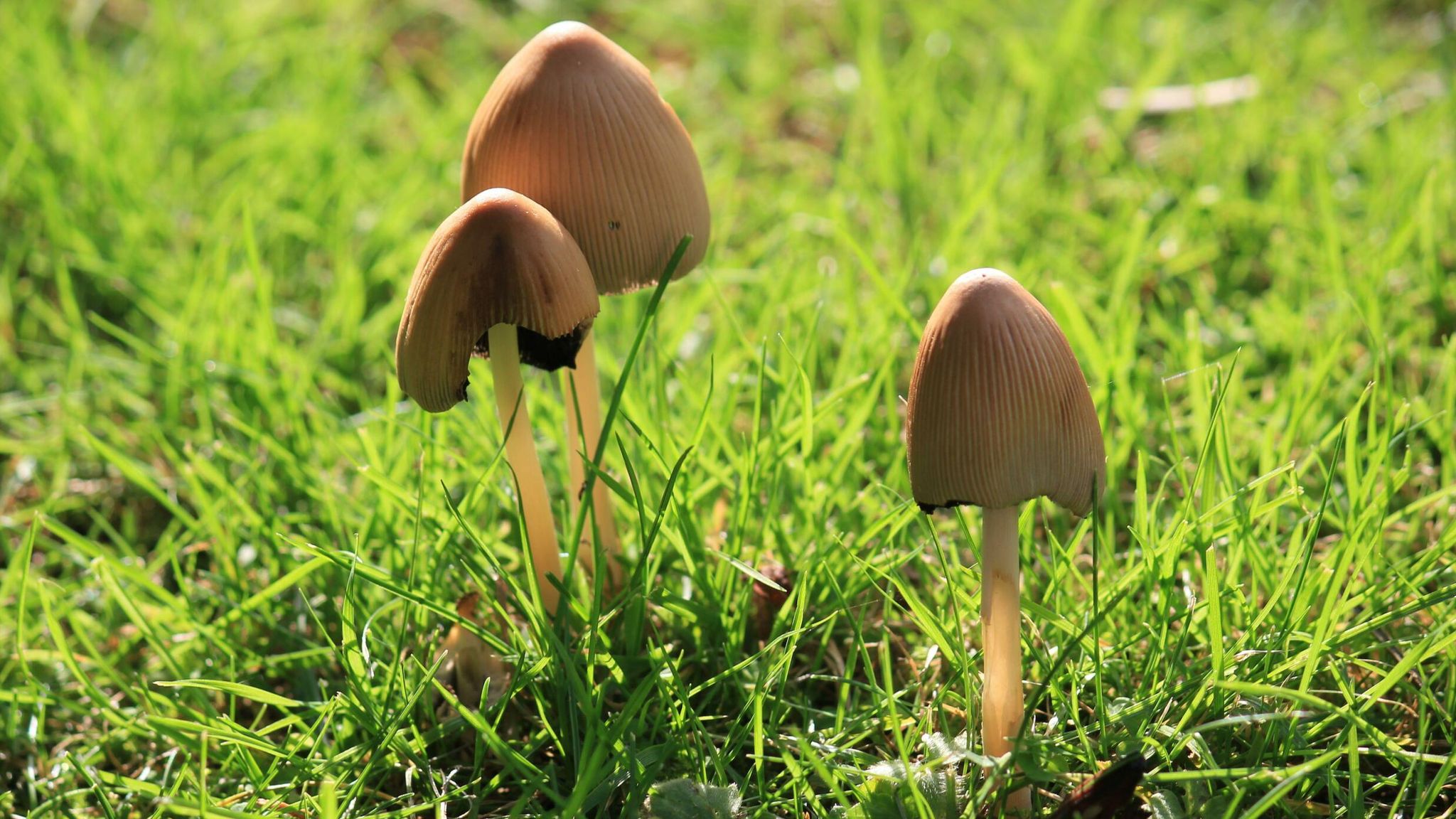
Potential Benefits of Magic Mushrooms
Beyond recreational use, researchers have delved into the potential therapeutic applications of psilocybin, yielding promising outcomes.
1. Medical Applications
Could mushrooms offer therapeutic benefits for medical ailments? Some proponents believe so. In 2018, scholars at Johns Hopkins University proposed reclassifying psilocybin from a Schedule I to a Schedule IV substance, a shift aimed at permitting its medical usage.
At present, due to its Schedule I classification, psilocybin remains inaccessible for medical prescriptions. However, adjusting its categorization might open the door for psilocybin-containing mushrooms to be legally prescribed.
Examiners at Johns Hopkins University ascertained that psilocybin exhibited promise in treating depression, along with aiding in curbing nicotine, alcohol addictions, and other substance-related disorders. Furthermore, investigations suggested that magic mushrooms could alleviate emotional distress among individuals grappling with life-threatening cancer diagnoses.
The Johns Hopkins Center for Psychedelic and Consciousness Research is delving into the effects of psychedelics on diverse conditions, including:
- Alzheimer's disease
- Anorexia nervosa
- Opioid addiction
- Post-traumatic stress disorder (PTSD)
- Post-treatment Lyme disease syndrome
It is vital to underscore that while scientists are actively exploring the potential therapeutic applications of psilocybin and analogous psychedelics, these substances are solely administered within controlled research and medical environments, overseen by adept professionals.
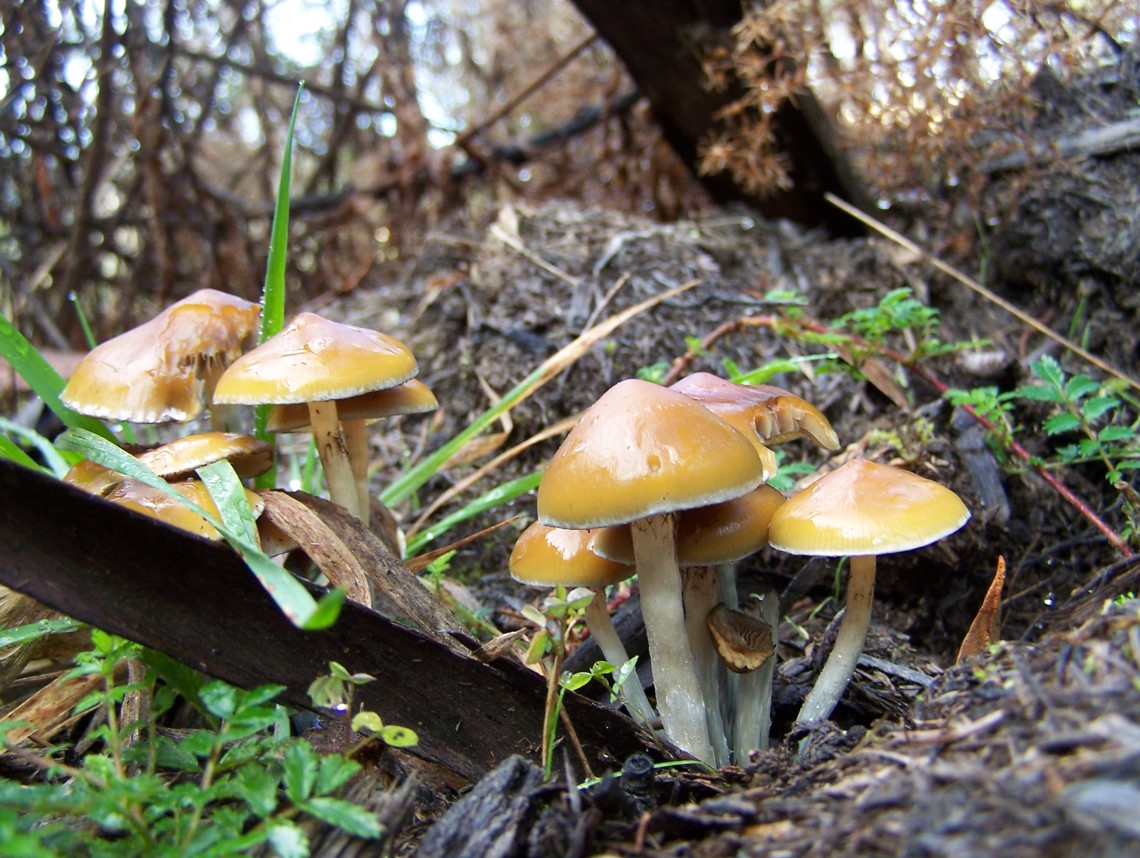
2. Microdosing Approach
Another avenue of utilization involves micro-dosing shrooms. Microdosing entails consuming minute quantities of a substance to gauge its benefits while mitigating undesirable side effects.
Research demonstrated that individuals who self-administered modest psilocybin doses were able to alleviate cluster headaches without encountering the drug's psychoactive impacts.
However, it's imperative to recognize that experts generally advise against self-medication with psilocybin, citing several crucial reasons:
- Outside of clinical contexts, managing anxiety and unforeseen adverse experiences while under the influence could be challenging, potentially leading to distressing episodes.
- Risk of ingesting excessively high doses.
- Purity uncertainties when obtaining the substance from unregulated sources.
- Furthermore, individuals with pre-existing mental health conditions may be more susceptible to adverse reactions triggered by psilocybin consumption.
3. Psychedelic-Assisted Psychotherapy
Researchers are exploring the synergy between psychedelic substances and psychotherapy. Psilocybin, in particular, has shown promise in aiding addiction treatment and mitigating anxiety related to terminal illnesses. This therapeutic approach is thought to be partially effective due to its influence on specific personality traits. A limited-scale study involving individuals with treatment-resistant depression found that psilocybin therapy led to decreased neuroticism scores and increased extraversion, openness, and conscientiousness scores. The U.S. Food and Drug Administration (FDA) granted breakthrough-therapy status to psilocybin-assisted therapy in 2019, expediting the development of treatments for serious illnesses.

Legal Status of Psilocybe Mushrooms
The legal landscape concerning magic mushrooms has evolved in certain jurisdictions. In 2019, Denver became the first city to decriminalize their possession, followed shortly by Oakland and other cities such as Santa Cruz and Ann Arbor. However, decriminalization does not equate to legality; it implies that cities won't allocate resources for enforcing penalties on individuals in possession of the substance. In 2020, Oregon became the first state to establish a legal framework for therapeutic psilocybin use.
Risks Associated with Psilocybin Mushrooms
The use of hallucinogens, including magic mushrooms, carries the potential to trigger mental and emotional disturbances, as well as contribute to accidents while under the influence. In adolescent populations, shrooms are often consumed in conjunction with alcohol and other drugs, compounding psychological and physical risks. The concentration of psilocybin and psilocin within a given magic mushroom can vary significantly, leading to uncertainty regarding the intensity, duration, and nature of the "trip." Consumption can result in mild effects such as relaxation or drowsiness, as well as more intense experiences marked by hallucinations, delusions, and panic. In extreme cases, magic mushrooms have been linked to seizures.
Physical and Mental Effects and Risks
Physical effects associated with psilocybin mushrooms encompass dilated pupils, drowsiness, headaches, elevated heart rate, blood pressure, body temperature, impaired coordination, muscle weakness, nausea, and yawning. Due to their resemblance to toxic mushrooms, there is a risk of poisoning with magic mushrooms. Mushroom poisoning can result in severe illness, organ damage, and even death. Furthermore, contamination is a concern with magic mushroom products, with past analysis revealing instances of non-hallucinogenic mushrooms laced with substances like LSD or phencyclidine (PCP) and even non-drug-containing samples.
The mental effects of magic mushrooms comprise distorted perceptions of time, place, and reality, euphoria, hallucinations (visual or auditory), introspective or spiritual experiences, as well as feelings of nervousness, panic, paranoia, and even psychosis. Individuals have reported "bad trips," medical emergencies, and lingering negative outcomes following high doses or combinations with other substances.
Long-Term Effects of Magic Mushrooms
Further research is essential to comprehensively understand the long-term effects of magic mushrooms. However, instances of enduring personality changes and flashbacks have been reported even after the acute effects have subsided.
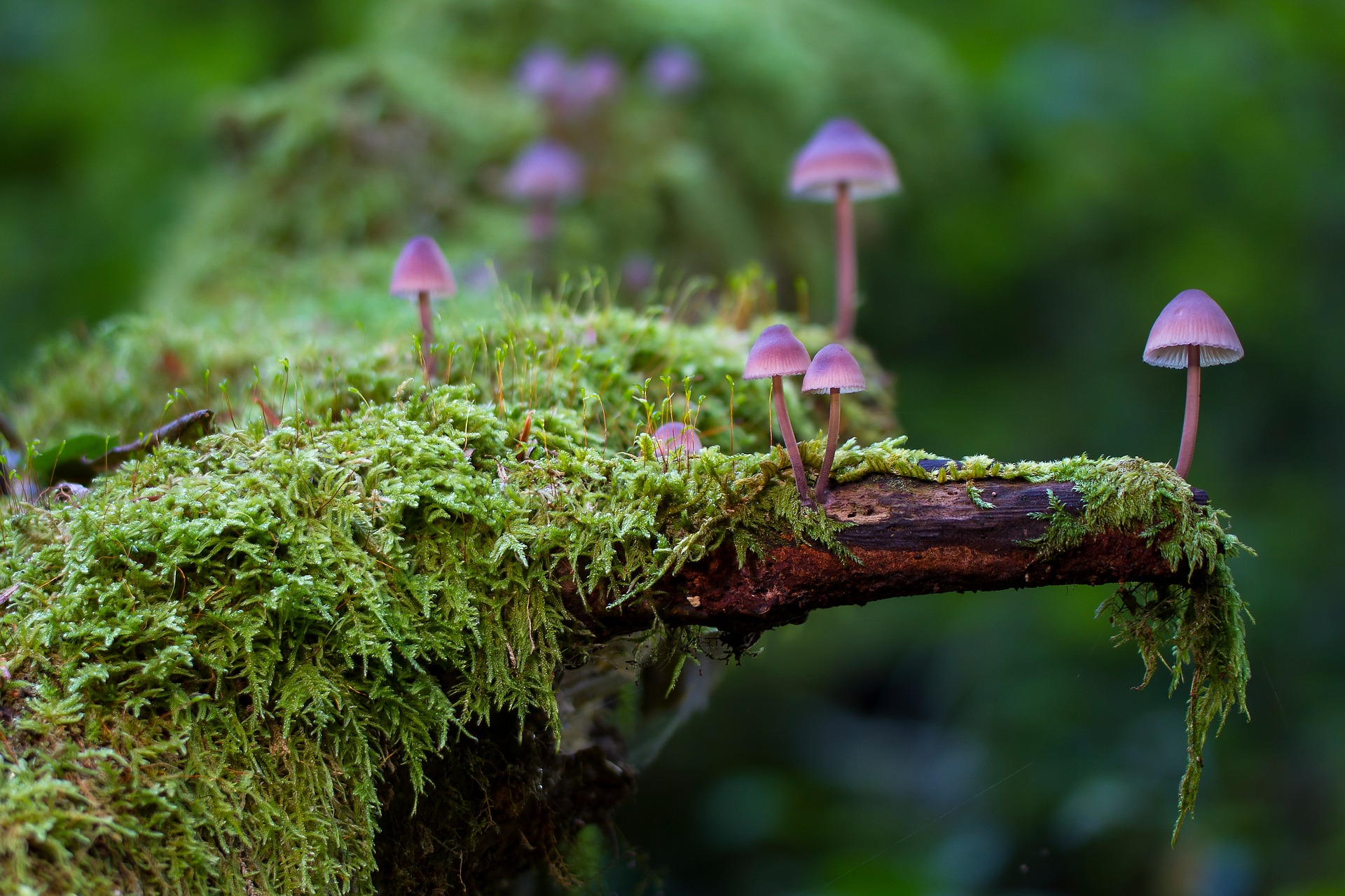
Signs of Magic Mushroom Use
If someone is using magic mushrooms, they might exhibit symptoms like nausea, anxiety, or paranoia. In any substance use scenario, it's important to monitor changes in sleep patterns, eating habits, mood shifts, personality alterations, and changes in social activities. Rare but possible long-term effects include disorganized thinking, mood fluctuations, paranoia, and perceptual disturbances. Hallucinogen-persisting perception disorder (HPPD), characterized by persistent hallucinations or visual disturbances, can emerge long after using a hallucinogenic drug, often mistaken for neurological conditions.
Individuals might also display additional effects linked to hallucinogen use, such as amnesia, depression, breathing difficulties, hallucinations, immobilization, elevated blood pressure, heart rate, and body temperature, coordination impairment, mood swings, numbness, panic, psychotic symptoms, seizures, and speech difficulties. If someone is under the influence of magic mushrooms, their behaviour might deviate from the norm due to altered perceptions and impaired judgment, potentially leading to risky behaviours.
Magic Mushroom Tolerance, Dependence, and Withdrawal
As with many substances, repeated use of magic mushrooms can result in tolerance, requiring higher doses to achieve the same effects. The rapid development of tolerance is a concern, as large doses could lead to overdose symptoms, including agitation, vomiting, diarrhoea, muscle weakness, panic, paranoia, and even psychosis.
Duration of Psilocybin in the System
The immediate effects of magic mushrooms typically fade within 6 to 12 hours. However, individuals might experience enduring personality changes and flashbacks. Psilocybin's average half-life spans from one to two hours, necessitating approximately five to six half-lives for complete elimination from the body. Conventional workplace urine drug tests generally do not screen for psilocybin, but specialized tests can be ordered for this purpose. Additionally, like many other substances, traces of magic mushrooms can be detected in hair follicles for up to 90 days.

Addiction and Withdrawal
Psilocybin is not conventionally considered addictive, and compulsive use is less common. Rapid tolerance development can render the substance ineffective after several days of repeated use. While physical withdrawal symptoms are rarely reported upon discontinuation, psychological effects such as depression can be experienced.
Seeking Assistance for Magic Mushroom Misuse
Should you suspect a loved one of using magic mushrooms in a problematic manner, consider having an open, supportive conversation with them about the potential risks of using psychedelics, particularly in conjunction with other substances like alcohol. Emphasize your willingness to provide assistance and support. For individuals grappling with magic mushroom misuse, treatment options are available. Consult a medical professional or mental health specialist to discuss suitable strategies. Psychotherapy, encompassing cognitive behavioural therapy (CBT) and motivational enhancement therapy (MET), is often recommended. CBT focuses on altering thought and behaviour patterns linked to substance use, while MET aims to boost motivation for change. Long-term recovery may also involve support groups and lifestyle adjustments.
© Copyright 2023. All Rights Reserved Powered by Vygr Media.

